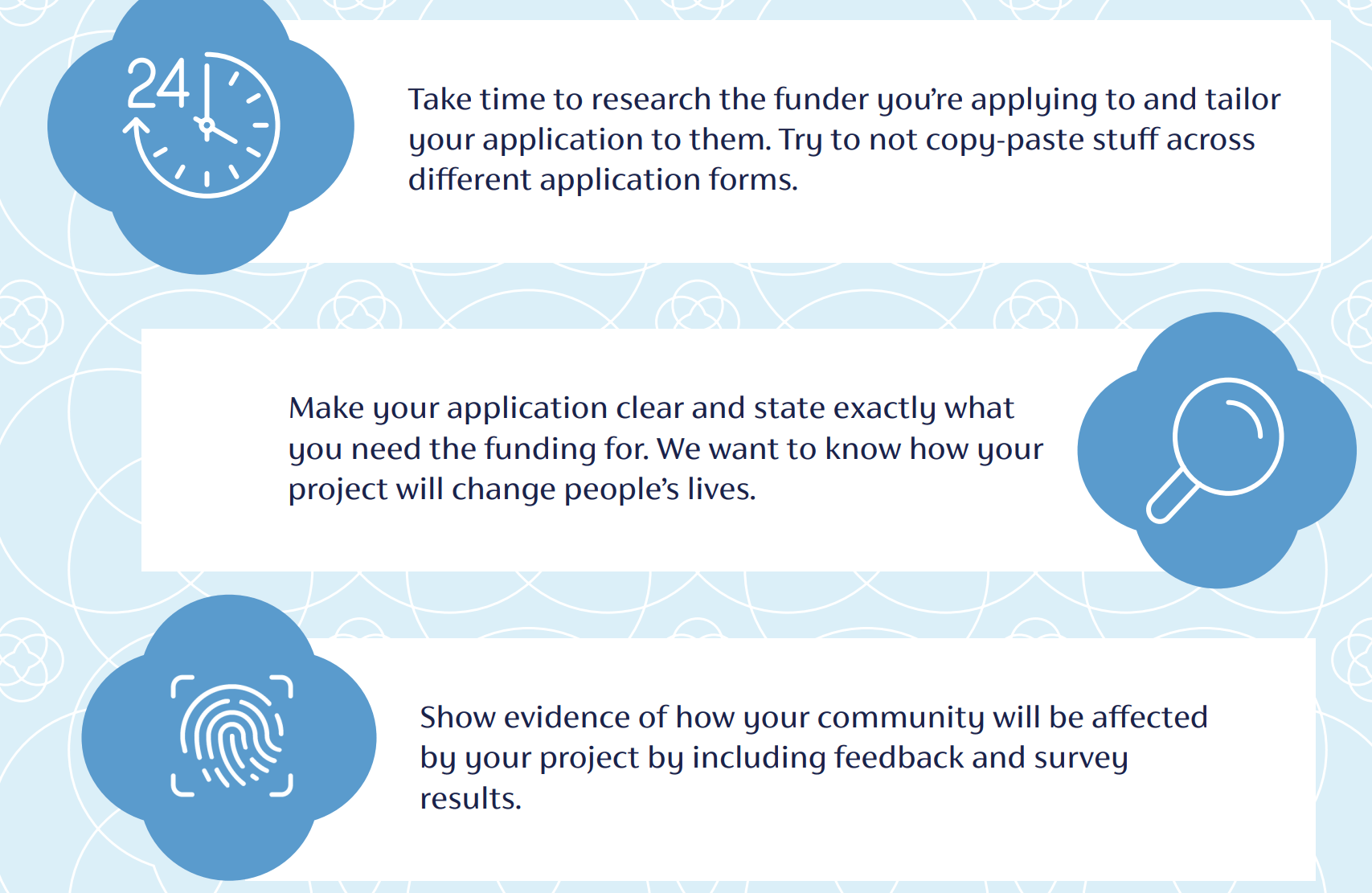Singing the Passion

Does your Passion Play include music and singing?
The Passion Plays in Birmingham, Norwich, and Stafford included live music and singing to round up audiences in the city centres as Jesus and his disciples processed through the streets. You can see some photographs below and also some helpful information and tips for including songs and music in your re-telling of the Easter story.
Tips for singing the Passion and performing the Easter Story.
Passion Plays are unique performances of the Easter story because they are free, live events that take place outdoors. Easter often comes early and in the UK this means that temperatures outside can be very cold and it has been known to snow at Easter. Singing outdoors presents its own challenges, and bad weather can add to these challenges. You can find helpful tips and advice for including singing in outdoor performances in our brief guide below.
We have more inspiration and guidance on our website on how to include singing in your Passion Play.
Preparation
Wear suitable clothes and remember to wrap up warm. Not only will you be standing still for long periods of time, the cold can creep up from the ground. You can wear an extra pair of winter socks or make sure your shoes have thick, insulating souls. You can also wear warm gloves to keep your hands warm!
STAMINA
A rehearsal can often last over two hours. A concert of a major choral work may have over an hour of demanding choral singing. Another reason why attendance at rehearsals is so important – to build up vocal stamina. Again, long-distance marathon running requires a huge amount of stamina, and no marathon runner would contemplate a race without an enormous amount of preparation.
POSTURE
Whether seated or standing, posture, as mentioned above, is of vital importance. If the singer is seated, as so often happens for parts of rehearsals, this is fine, so long as the singer has both feet firmly on the ground, and is sitting upright on the front half of the seat. The music should be held with both hands, at a position where a small movement up and down of the eyes can switch the vision from the music to the conductor with ease.
BREATHING
Breath is to singing as oil and petrol are to a car. Without good deep breathing, there is no proper support for the voice, and the sound will quickly become tired, thin and sore. Additionally, good breathing supports the tone and provides support for musical phrasing and direction.
It is important to breathe through your nose rather than your mouth. This is especially important when it is cold outside. The air you breathe needs to be warm, so breathing through your nose helps warm the air. You can also try wearing a scarf. Recent research has shown that the reason we catch more colds in the winter is that when your nose is cold, its innate immune response is lowered.
Hydration
It is important to keep hydrated and it is easy to get dehydrated when singing outdoors. It is especially important to keep hydrated when it’s cold as you might not feel like drinking cold water. Try to take small sips throughout the event or take a small flask of something hot like tea or lemon and honey…but not alcohol!
DICTION
Words can never be clear enough. Crisp consonants with plenty of ‘bite’ help bring the music and sense of the words alive. Pay attention to your diction and your listeners will pay attention too!
SINGING OUTSIDE
This is always more of a challenge, because it is harder to hear yourself and those around you, and there’s a tendency to try and sing too loud, and so distort your voice. Try not to do this.
JOIN IN
If everyone sings, it makes it a wonderful collective experience. If everyone mumbles into their coats, it makes it a bit flat and depressing. All eyes are on Preston for this performance – sing out and be proud of your part in this great event.
Interested in learning more about the history of music and singing in Passion Plays? You can also read a history of singing and music in Passion Plays on our website here.











